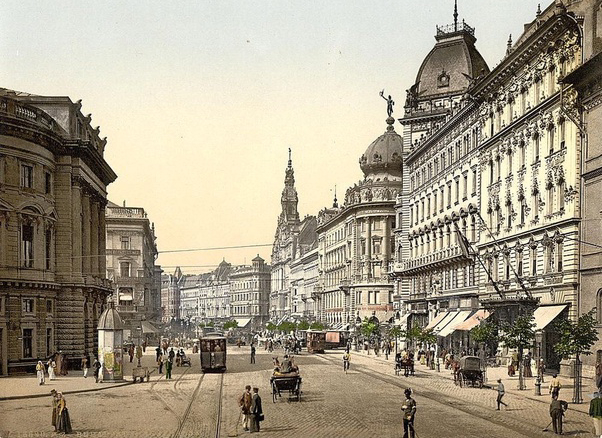How Jewish was Budapest before WW2?
How Jewish was Budapest before WW2? Before World War II, Budapest had a significant Jewish population and was one of the major centers of Jewish life in Europe. By the late 1930s, approximately 200,000 Jews lived in Budapest, making up around 23% of the city’s total population. This community was highly influential in the city’s cultural, economic, and intellectual life.
Key Aspects of Jewish Life in Pre-WWII Budapest:
Economic Contributions:
Many Jews in Budapest were engaged in commerce, banking, and industry, with a strong presence in professions like law, medicine, and education. Jews played a crucial role in the economic development of Hungary.
Cultural Influence:
Budapest’s Jewish community was prominent in the arts, literature, theater, and journalism. Jewish intellectuals and professionals contributed to the flourishing of the city’s cultural scene.
Religious Diversity:
The Jewish community in Budapest was diverse in terms of religious practices, with large groups adhering to Orthodoxy, Neolog (a modern reformist movement unique to Hungary), and more secular or assimilated forms of Judaism. Synagogues and Jewish institutions were well-established, including the famous Dohány Street Synagogue, the largest in Europe.
Anti-Semitism and Legal Restrictions:
While Jews had been granted emancipation in the late 19th century, they faced growing anti-Semitism during the interwar period. In the late 1930s, Hungary introduced a series of anti-Jewish laws inspired by Nazi Germany’s racial policies, restricting Jews’ participation in public life and professions.
Impact of the Holocaust:
The situation worsened dramatically during WWII, especially after Germany occupied Hungary in March 1944. The Budapest ghetto was established later that year, and tens of thousands of Jews were deported to concentration camps. Despite heroic efforts by individuals like Raoul Wallenberg and others, a large portion of the Jewish community was tragically lost during the Holocaust.
Despite the devastation, Budapest’s Jewish heritage has endured, and the city remains home to a Jewish community today, with many restored synagogues and cultural institutions.


